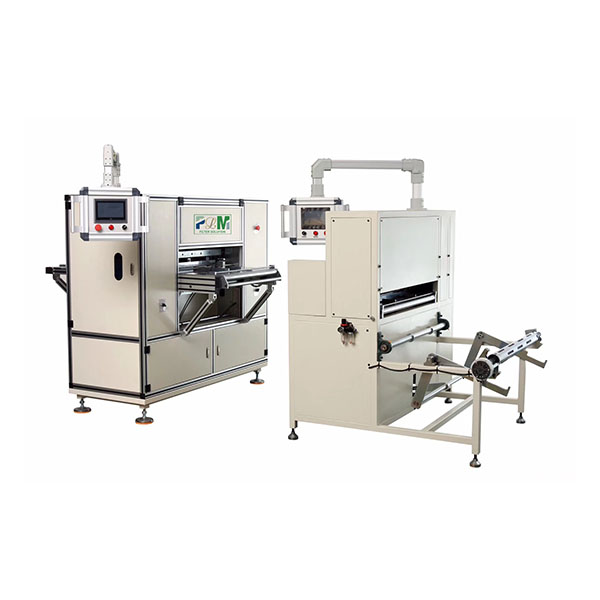gru . 05, 2024 15:02 Back to list
china industrial air filters
The Evolution and Importance of Industrial Air Filters in China
As one of the fastest-growing economies in the world, China has experienced rapid industrialization over the past few decades. While this growth has brought about significant economic benefits, it has also led to substantial environmental challenges, particularly in air quality. Recognizing the critical need for cleaner air, the industrial sector in China has increasingly relied on advanced air filtration technologies. This article explores the evolution, types, and importance of industrial air filters in China.
The Need for Air Filters
Industrial processes often release a mixture of pollutants, including particulate matter, volatile organic compounds (VOCs), and other hazardous particles. These emissions pose health risks to workers and the surrounding communities, as well as contribute to the country's broader air pollution problems. According to the World Health Organization (WHO), air pollution is linked to numerous health issues, including respiratory diseases, cardiovascular problems, and even premature death. As a result, the demand for effective air filtration systems in Chinese industries has surged.
Types of Industrial Air Filters
China's industrial air filter market is diverse, encompassing a variety of technologies designed to meet different needs across sectors
. Some of the main types of air filters include
1. HEPA Filters High-Efficiency Particulate Air (HEPA) filters are known for their ability to trap at least 99.97% of particles that are 0.3 microns or larger. They are commonly used in industries where cleanliness and precision are paramount, such as pharmaceuticals, electronics manufacturing, and food processing.
2. Activated Carbon Filters These are essential for industries dealing with VOCs and unpleasant odors. Activated carbon filters work by adsorption, where harmful gases are trapped within the pores of the carbon material. This is particularly important in chemical manufacturing and waste management facilities.
3. Electrostatic Precipitators Used primarily for industrial power plants, electrostatic precipitators charge particles so they can be collected on oppositely charged surfaces. This technology is highly effective for controlling emissions from coal-fired power plants, which are prevalent in China.
china industrial air filters

4. Bag Filters Often employed in bulk dust collection, bag filters use fabric to trap particles as air passes through. They are widely used in cement plants, steel mills, and other heavy industries where particulate matter generation is high.
Technological Advancements
The last few years have seen significant advancements in air filter technology in China. Innovations include the development of smart filters that can monitor air quality in real-time and provide data for better decision-making. Additionally, improvements in materials science have led to more efficient filters with longer lifespans and lower energy consumption.
Furthermore, regulatory changes have pushed industries to adopt cleaner technologies. The Chinese government has implemented stringent air quality standards and introduced policies encouraging the use of high-efficiency air filters. As a result, businesses are increasingly investing in modern filtration systems to comply with regulations and enhance sustainability efforts.
Economic and Environmental Impact
The adoption of industrial air filters in China not only benefits health and safety but also contributes positively to the environment. By reducing emissions, industries can decrease their carbon footprint and promote a culture of sustainability. This aligns with China's broader environmental goals of achieving peak carbon emissions before 2030 and carbon neutrality by 2060.
Moreover, cleaner air has a direct economic implication. Improved air quality can lead to reduced healthcare costs due to fewer pollution-related illnesses and absenteeism in the workforce. Consequently, companies investing in air filtration technologies often see long-term financial benefits alongside their positive impacts on community health.
Conclusion
As China's industrial landscape continues to evolve, the importance of air filtration technologies cannot be overstated. By investing in advanced industrial air filters, businesses can play a crucial role in enhancing air quality, protecting public health, and promoting sustainability. With ongoing technological advancements and tighter regulations, the future of industrial air filters in China appears promising, paving the way for a cleaner and healthier environment for generations to come.
-
CE Certified Truck Air Filter Machine Line - Automated & Efficient
NewsJun.06,2025
-
Caterpillar Truck Engine Fuel Filters High Performance & Long Life
NewsJun.06,2025
-
Premium Metal Fuel Filter Durable & High-Flow Filtration
NewsJun.06,2025
-
Best PLJL-4 Seal Leakage Tester Accurate Spin-On Filter Testing
NewsJun.06,2025
-
Premium 2014 Car Air Filter Making Machines - Top Suppliers & Manufacturers
NewsJun.06,2025
-
Premium Plastic Gaskets Durable & Custom Sealing Solutions
NewsJun.06,2025
